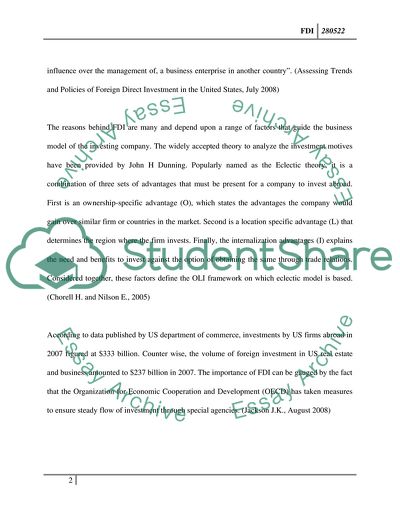Cite this document
(Should Countries Promote or Restrict Foreign Direct Investments Assignment, n.d.)
Should Countries Promote or Restrict Foreign Direct Investments Assignment. Retrieved from https://studentshare.org/macro-microeconomics/1721547-should-countries-promote-or-restrict-foreign-direct-investment-discuss-with-examples-of-fdi-aimed-to-exploitation-of-natural-resources-manufacturing-and-services
Should Countries Promote or Restrict Foreign Direct Investments Assignment. Retrieved from https://studentshare.org/macro-microeconomics/1721547-should-countries-promote-or-restrict-foreign-direct-investment-discuss-with-examples-of-fdi-aimed-to-exploitation-of-natural-resources-manufacturing-and-services
(Should Countries Promote or Restrict Foreign Direct Investments Assignment)
Should Countries Promote or Restrict Foreign Direct Investments Assignment. https://studentshare.org/macro-microeconomics/1721547-should-countries-promote-or-restrict-foreign-direct-investment-discuss-with-examples-of-fdi-aimed-to-exploitation-of-natural-resources-manufacturing-and-services.
Should Countries Promote or Restrict Foreign Direct Investments Assignment. https://studentshare.org/macro-microeconomics/1721547-should-countries-promote-or-restrict-foreign-direct-investment-discuss-with-examples-of-fdi-aimed-to-exploitation-of-natural-resources-manufacturing-and-services.
“Should Countries Promote or Restrict Foreign Direct Investments Assignment”, n.d. https://studentshare.org/macro-microeconomics/1721547-should-countries-promote-or-restrict-foreign-direct-investment-discuss-with-examples-of-fdi-aimed-to-exploitation-of-natural-resources-manufacturing-and-services.


